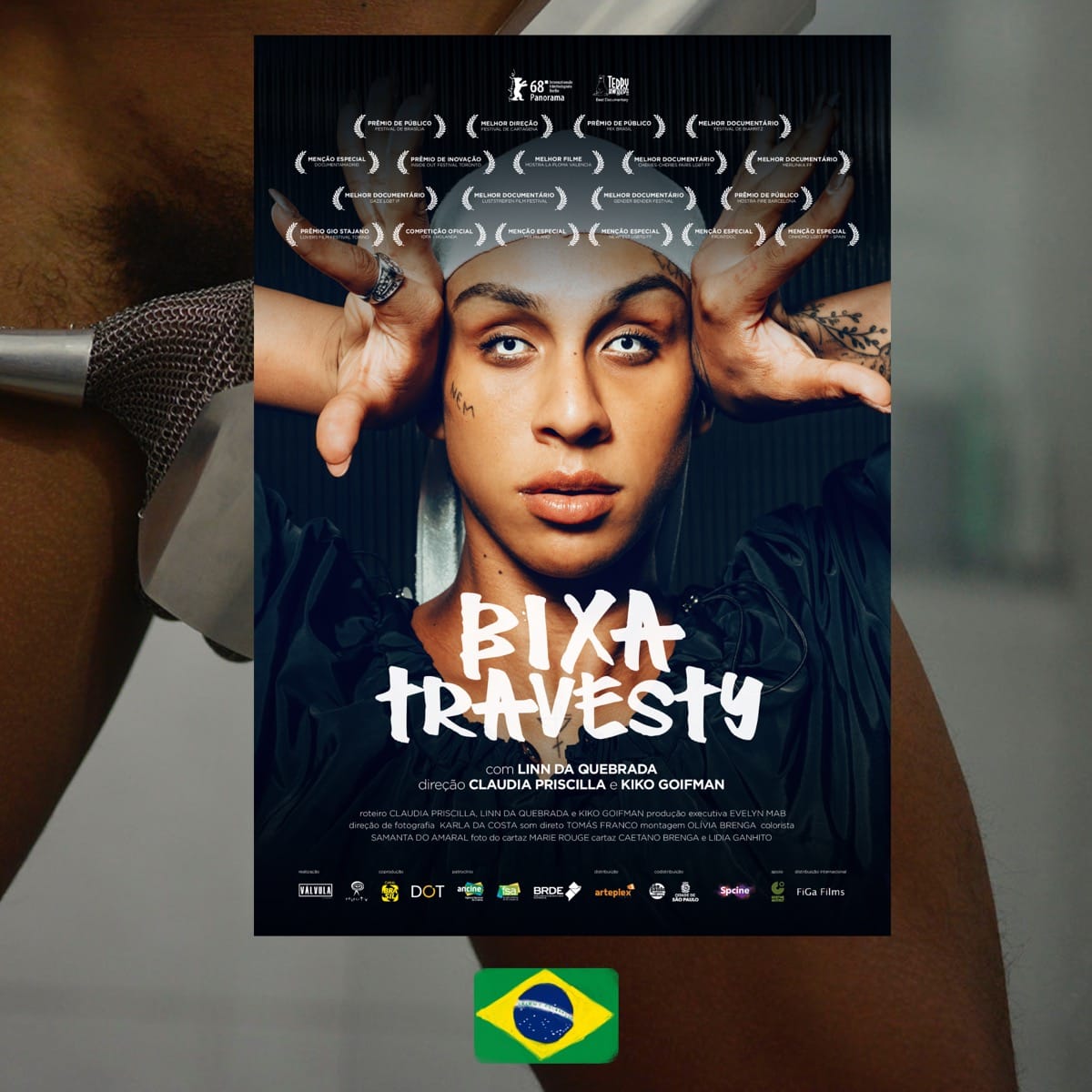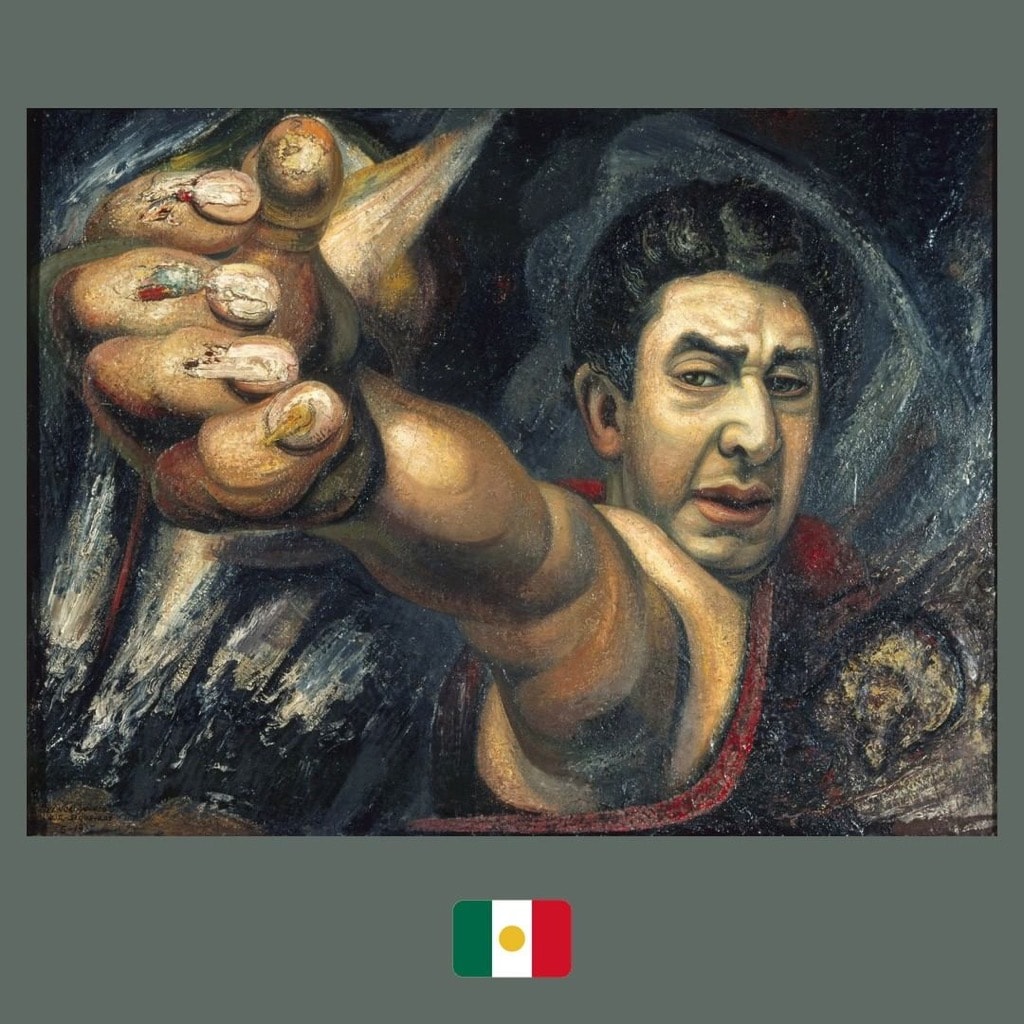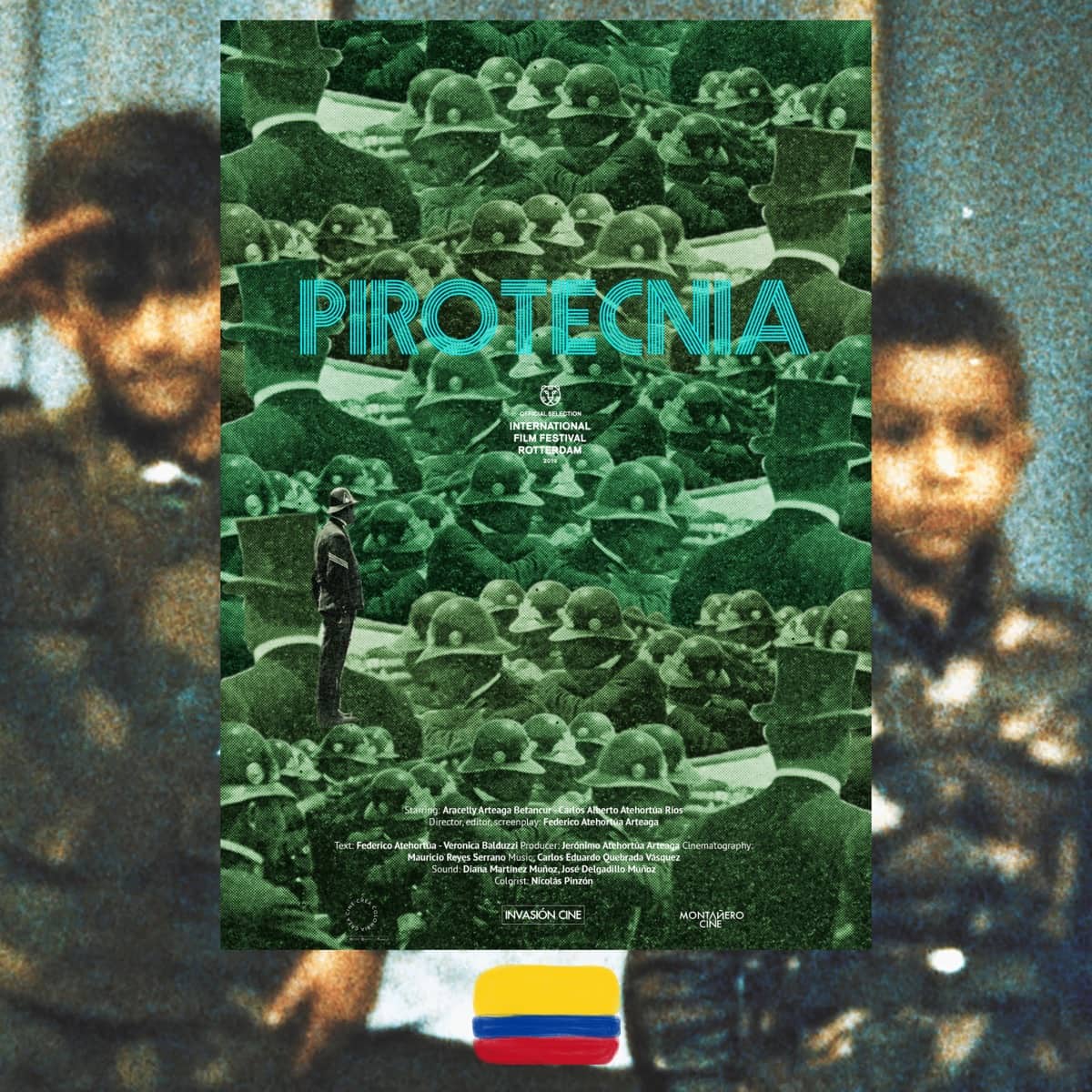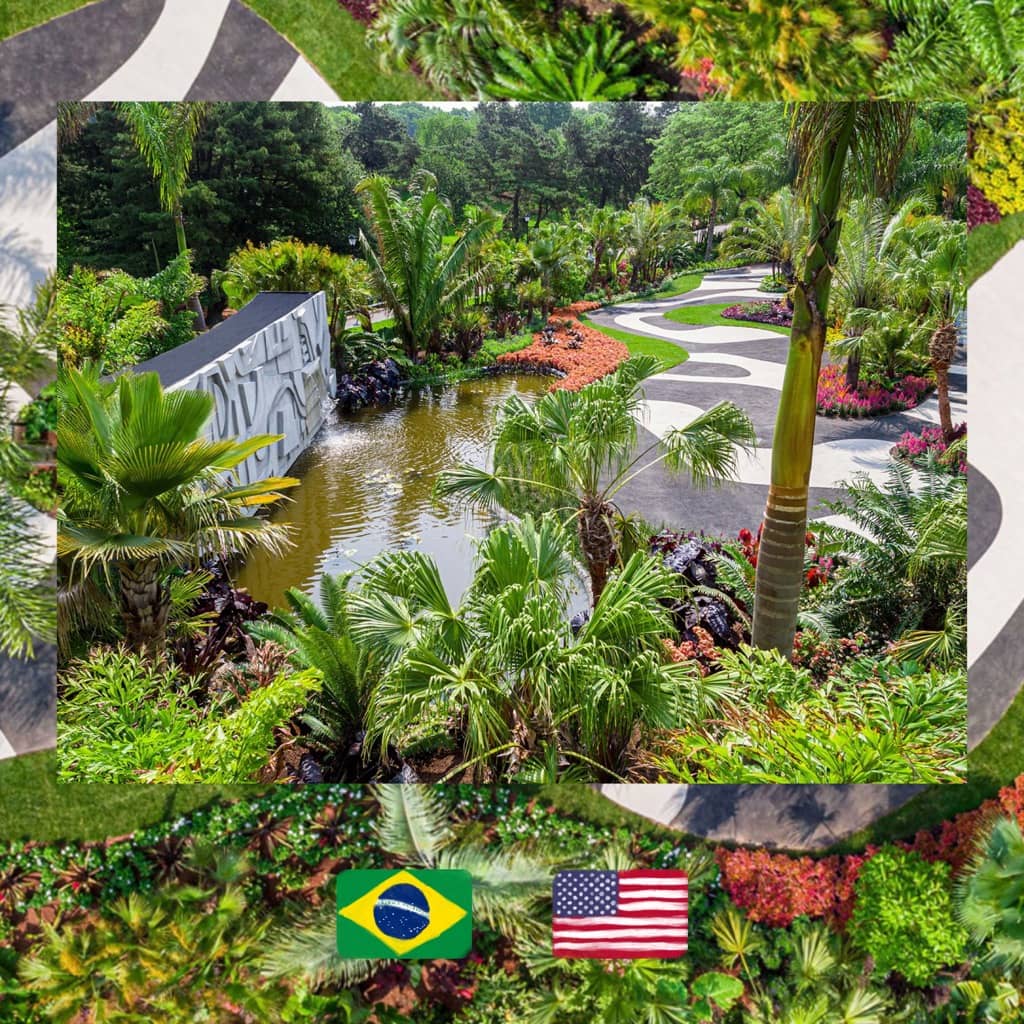An intimate yet sprawling account of Brazil’s journey from Lula to Dilma to Bolsonaro that dissects the tumor of “Operation Car Wash” and studies its underlying causes
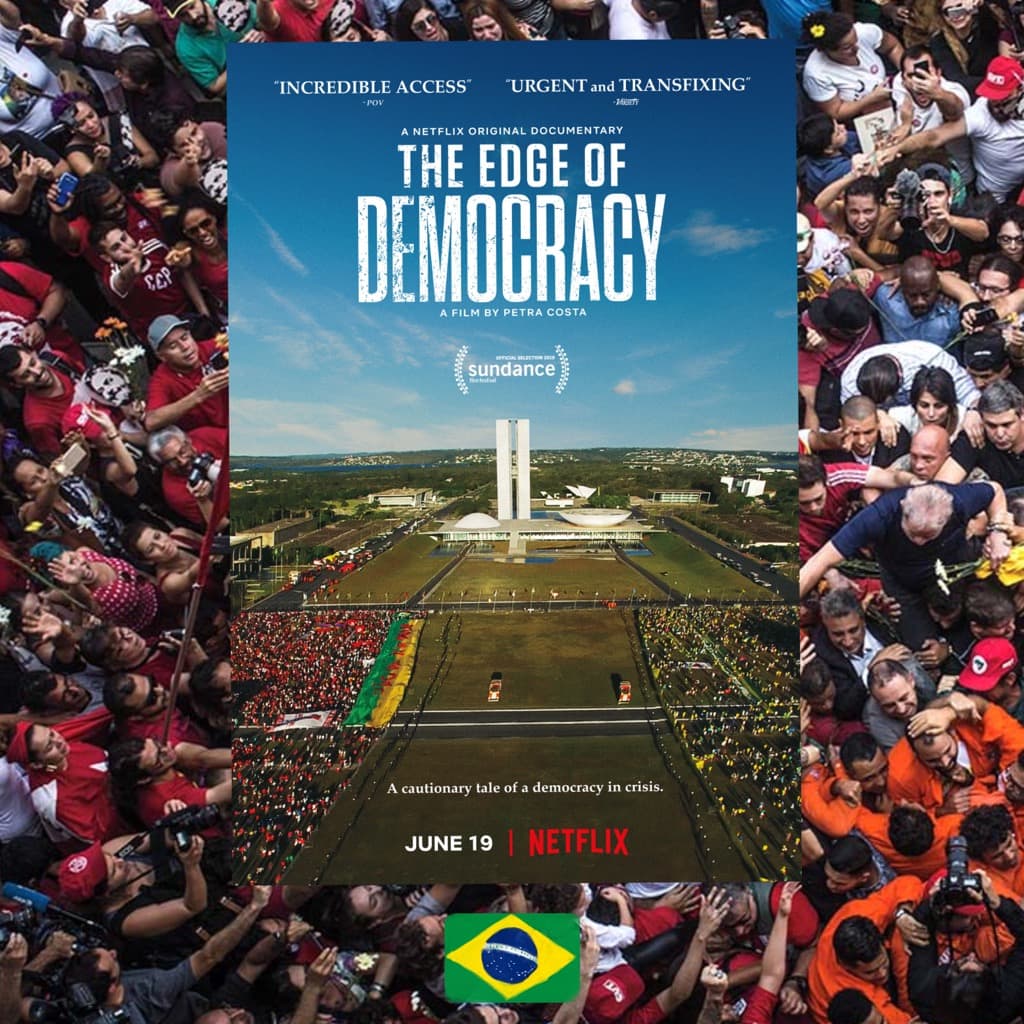

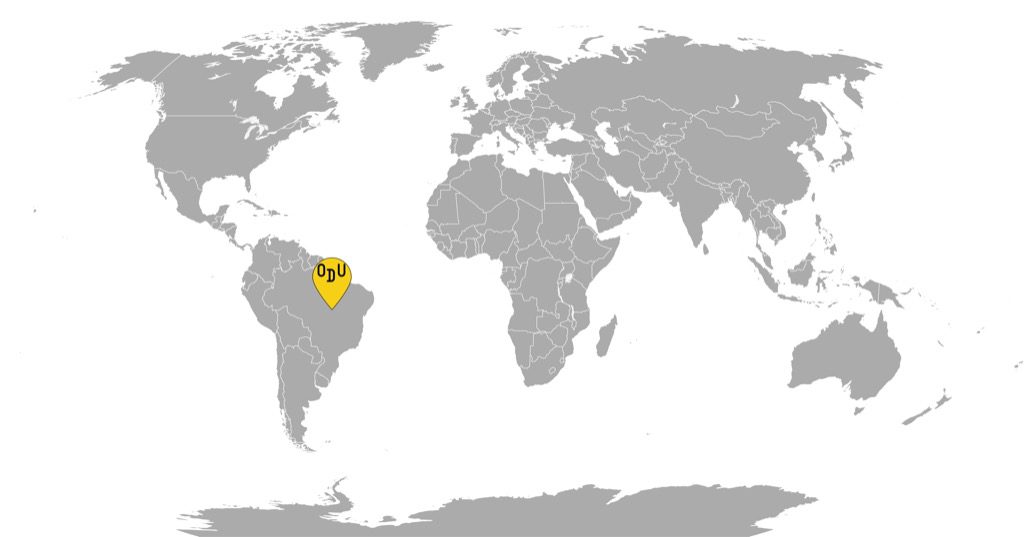
FROM BRAZIL
WHAT IT’S ABOUT: When in 2003, Luiz Inácio Lula da Silva was elected president of Brazil, it seemed that a new tomorrow was possible. The country, which had previously suffered decades of military dictatorship followed by neoliberal governance and economic policies, was finally taking a pivot to real democracy, with ordinary Brazilians at the center. And indeed, 20 million Brazilians were lifted out of poverty through the introduction of Lula’s social welfare programs, and the country was doing great both home and abroad, as well as economically confident. His two terms ended in an 87% approval rating were followed by the election and re-election of his heir, Dilma Rousseff. However, in 2014, an anti-corruption investigation, “Operation Car Wash,” was launched by federal judge Sérgio Moro. The next few years would see Rousseff impeached, Lula imprisoned, right-wing president Jair Bolsonaro elected, and Moro himself ascending to the position of Minister of Justice. A lament for the democracy and a personal essay on political disillusionment, “The Edge of Democracy” follows the political events in Brazil from Lula’s rise to Bolsonaro’s recent triumph and examines the deep rot within the country’s systems that has led to the current political schism.
WHO MADE IT: Filmmaker Petra Costa grew up in the aftermath of the dictatorship and cast her first vote for Lula as a 19-year-old in the 2002 elections. However, her connection to the events in the film runs deeper than that. Costa’s grandfather was the co-founder of Andrade Gutierrez, one of the construction companies that were investigated in the “Operation Car Wash” and became inextricable from the Brazilian government’s ironclad ties to business. At the same time, her parents were left-wing militants who opposed the military dictatorship, experienced torture, and had to live undercover. Costa acknowledges the split in her family history and effectively uses the inherited complicities to show how Brazilian politics had been rigged against establishing a lasting democracy from the get-go.
Before “The Edge of Democracy,” Costa had directed and written a couple of award-winning documentaries, including “Elena,” dedicated to Costa’s search of her estranged sister. “The Edge of Democracy” co-created with a vast team was nominated for the 2020 Oscars.
In addition to archival footage depicting the last half a century of Brazilian political history and beyond, the film features additional material, for instance, a scene in which Costa’s mother and Rousseff bond over their personal experiences with torture.
Costa has attracted much right-wing vitriol for the film, as well as criticism for editing the photograph of communists Pedro Pomar and Ângelo Arroyo murdered by the military dictatorship: Costa removed the weapons that had been declared planted by researchers.
WHY DO WE CARE: It’s widely believed that the working class—the electorate of Lula, a former union leader—has been the foundation of democracy since the advent of industrialization. However, as the world becomes increasingly deindustrialized, with some countries skipping the process of industrialization altogether, the foundations of democracy become offset by particular interests. Meanwhile, the preoccupation with trickle-down economics and free markets obliterate the narrative of economic justice.
Before the COVID-19 pandemic arrived to put the world on lockdown, the planet was ablaze with mass protests. But depending on the locale, the struggles for freedom did not necessarily mean struggles for equality. The situations in Hong Kong and Bolivia show the demographic opposite of what has been going on in Sudan and Chile. And as the more affluent classes began co-opting the idea of democracy, the working class became increasingly alienated, which resulted in right-wing populists gaining ground, with Trump and Bolsonaro winning elections, and other strongmen able to consolidate power further.
“The Edge of Democracy” is a film with those exact dynamics in the center; however, in it, more attention is paid to the instruments of neutering democracy rather than the underlying issues that make it possible. The film does not have enough time to get into all the nooks and crannies of what’s wrong with the government of one of the world’s biggest economies. Some of the issues in the film might fly over the head of a viewer who doesn’t come prepared with a knowledge of Brazilian politics. The dictatorship is described briefly, the interim period of neoliberal reforms is merely implied. And while Costa gets into the reasons for Dilma’s downfall, like the austerity measures that backtracked on the good Lula’s welfare programs brought, the preoccupation remains more with the process of “Car Wash” itself. The film doesn’t try to investigate the issue from the point of view of the electorate, and the Brazilian voters are mostly framed as subjects of manufactured consent.
Still, Costa manages to arrive at the underlying issue that effectively prevents the government of Brazil,—as well as other countries—from serving the interests of ordinary citizens in the long run. It’s the fact that capitalism has become so engrained in state politics that only a separation of business and state will be able to save the society from falling into the same hole. Neither Lula nor Dilma considered making this move and were therefore blown away by the most widespread argument against leftist regimes that the right-wing interests employ: corruption accusations. An indictment that fits into Brazil’s existing oligarchical system perfectly, even if the issue is not as partisan or singular as the “Operation Car Wash” masterminds might want you to think.
WHY YOU NEED TO WATCH: Even though the issue of Brazilian democracy is near and dear to Costa’s heart, she carries the film’s narrative with calm detachment and graceful authority. Her recurring voiceovers are of grief for democracy that was so close, but the emotions have been repurposed into creative indignation. “Edge of Democracy” plays out like a political thriller, where the meticulous right-wing campaign to dissolve the Lula legacy is shown to grow like a snowball. However, brief interludes are taken as the camera languidly explores the modernist marvel of Alvorada, the Brazilian presidential palace, which, as it turns out towards the end of the film, is not merely a metaphor or a stronghold of power but the physical embodiment of Brazil’s fraught political system. Because of its documentary nature, “Edge of Democracy” might not equally keep all viewers at the edge of their seats. Especially if you’re well versed in global left-wing politics or the rise of authoritarianism, the material will be mostly familiar. But to be able to see it all in the same narrative space, as human cunning and surrealism blend, makes for pretty compelling, albeit infuriating watching. An incendiary, brave work that merges the personal and the political, “The Edge of Democracy,” explores Brazil’s disintegration and Costa’s own equivocal legacy with unflinching precision. A must-watch for all partial to sprawling documentaries, it is also the best cinematographic dismantling of the myth of moderate measures in politics, as well as piling all hopes up behind one leader: the points of view so desperately necessary in current tumultuous times everywhere.
The Edge of Democracy, 2019
Director: Petra Costa
For more content like this sign up for our weekly newsletter
WATCH THE TRAILER


